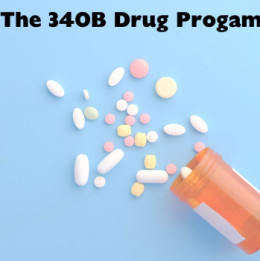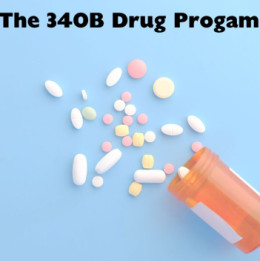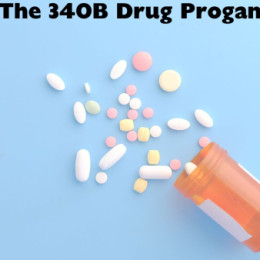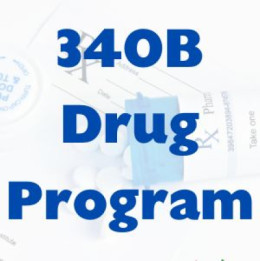Posted On: November 16, 2021 by Community HealthCare System in: News
By Hali Brown, PharmD
Antibiotics are a very important resource in medicine and save countless lives each year. When Alexander Fleming discovered penicillin, many common infections were considered to be life threatening. His discovery, and the ability to mass produce penicillin, changed medicine forever. But it also changed bacteria forever.
Bacteria are living organisms that adapt to their environments. Have you heard the expression “only the strong survive?” This is definitely true when it comes to bacteria. Within a few years of the mass production of penicillin, there were already strains of bacteria that were completely resistant to it. Since then it has been a battle between discovery and resistance. As new antibiotics are discovered, new resistance patterns emerge. That is why it is very important when treating a bacterial infection that you receive the right drug, at the right dose, for the right length of time. Getting all of these things right is what we call Antimicrobial Stewardship.
- Right drug – Not every antibiotic is meant to treat the same type of infection. As humans, the bacteria that can be found on our skin are different than the bacteria found in our gut. Using the wrong antibiotic can lead to treatment failure.
- Right dose – Think of this like the children’s story “Goldilocks and the Three Bears.” The porridge, chair, and bed that were right for Papa Bear weren't right for Mama or Baby Bear, even if they were “just right” for Goldilocks. Antibiotics are often dosed by weight. Not having the dose “just right” for you can result in an under- or over-dose. If your antibiotic is under-dosed, the strongest of the bacteria you are infected with might survive, leading to antibiotic resistance in a subsequent infection. If your antibiotic is over-dosed, you are at risk for side effects or adverse reactions.
- Right length of time – Always take your antibiotic for the prescribed length of time, even if you begin to feel better. Treatment for the right length of time helps kill off the strongest of the bacteria that are often not completely eliminated within the first few days.
Never take an antibiotic without the direction of a healthcare provider. Not getting your antibiotic “just right” increases your risk of an adverse reaction, treatment failure, over- or under- dose, or development of a resistant infection.
At CHCS, we are committed to being good stewards of antibiotics. We have an Antimicrobial Stewardship Committee that works hard to empower our staff (clinical and nonclinical) and our patients and help them champion this cause. Last year, we implemented what we call our V-Pack (Viral Pack) Program. Viral illnesses are not sensitive to antibiotics, and taking an antibiotic when you have a viral illness contributes to antibiotic resistance. This can increase your risk and your community’s risk of developing a drug-resistant infection in the future. Through our V-Pack program, patients have access to a quick supply of over-the-counter items that help with symptom control of their viral infection. We received great feedback from our providers and nurses regarding this program and have decided to continue it for this year.
Other Antimicrobial Stewardship initiatives:
- Development of the CHCS Antibiogram – An antibiogram shows the resistance patterns of bacteria to frequently used antibiotics in the studied population. This tool can be used to direct antibiotic selection when a patient has an infection. It can also be used to trend resistance patterns year to year.
- Sepsis Care Collaborative – CHCS partnered with the University of Kansas to revamp our sepsis order sets in our Electronic Medical Record. Sepsis is a life-threatening infection that requires a rapid response by the care team, including initiation of an appropriate antibiotic.
The CHCS Antimicrobial Stewardship Committee meets quarterly to discuss ways our system can improve our stewardship efforts. Thank you to the following committee members for their help!
- Dr. Marcus Weiser
- Michele Reisinger, APRN
- Hali Brown, PharmD
- Karen Elliott, RN, Infection Control
- Lacey Niehues, RN, Nurse Manager
- Deanne Tanking, RN, Case Manager
- Bailey Tucker, RN, Charge Nurse
- Eduardo Bertulfo, Laboratory Manager
- Manda Thompson, PCMH Coordinator
- Ann Stallbaumer, Pharmacy Buyer
- Shelli Wimberly, Eastridge Director of Nursing
- Jane McClain, LPN, Redbud Lead Nurse










0 comments